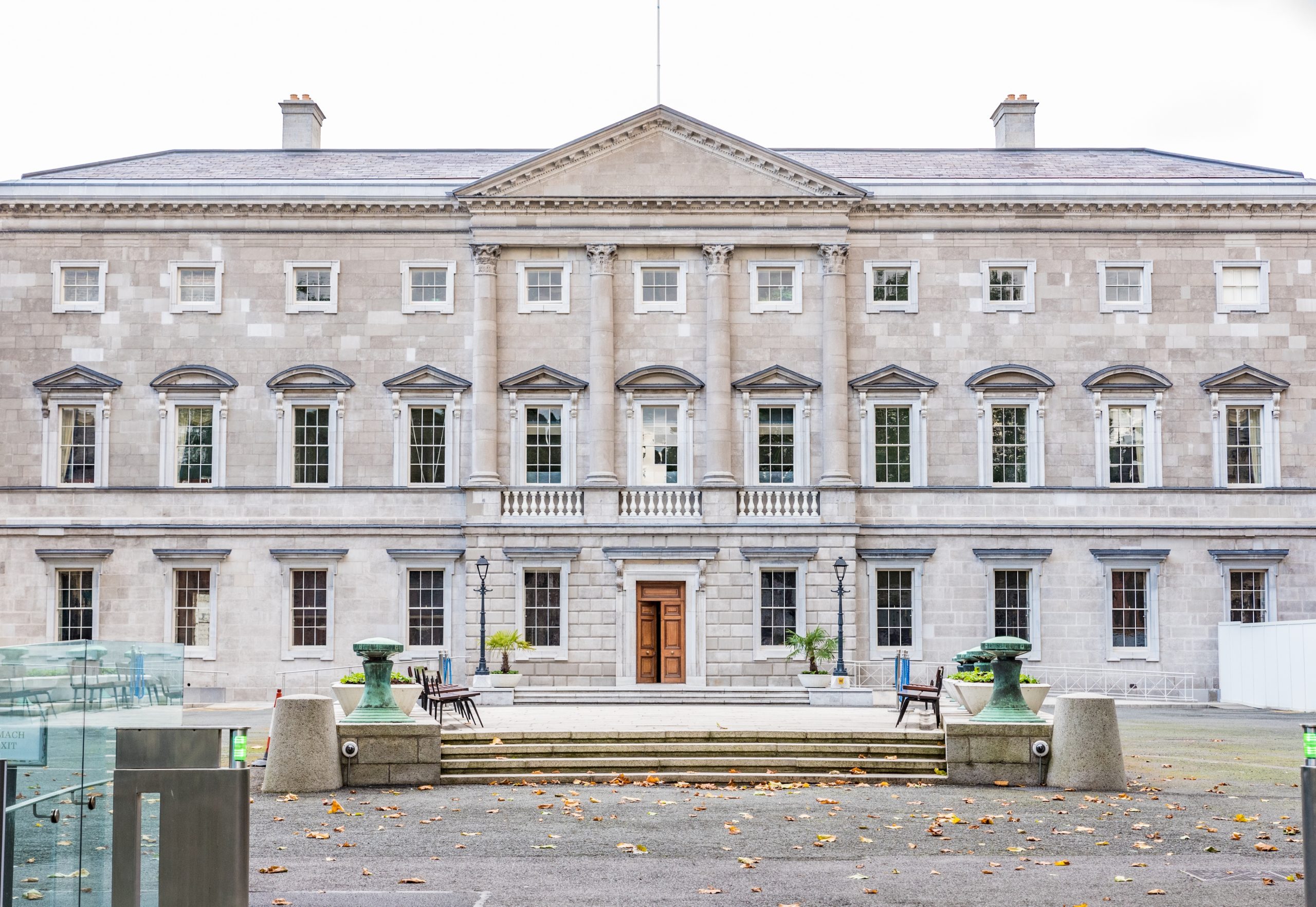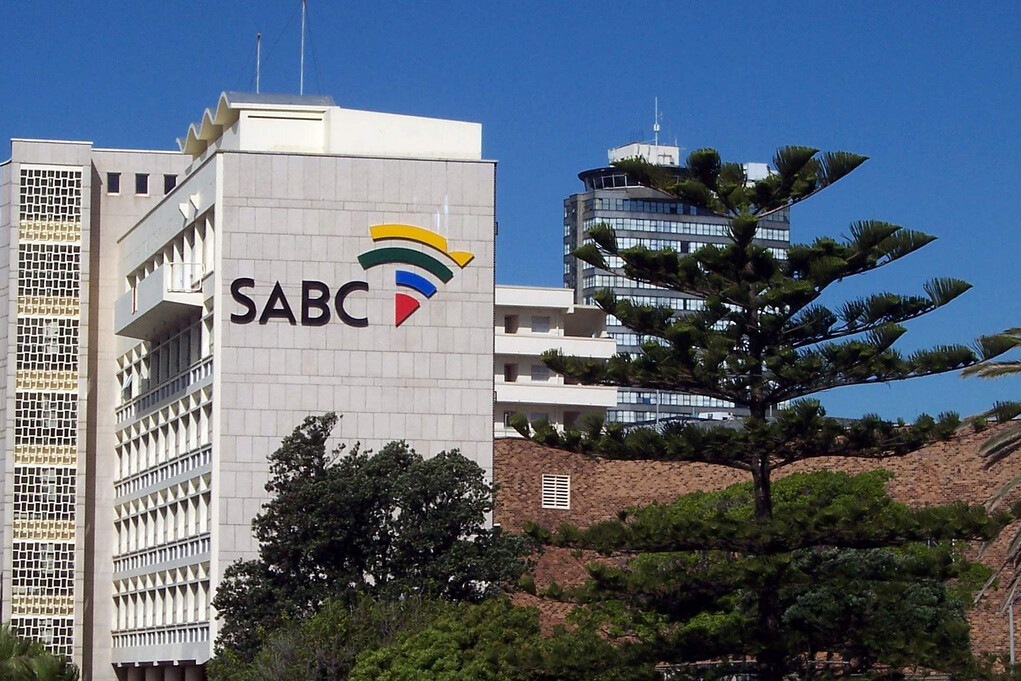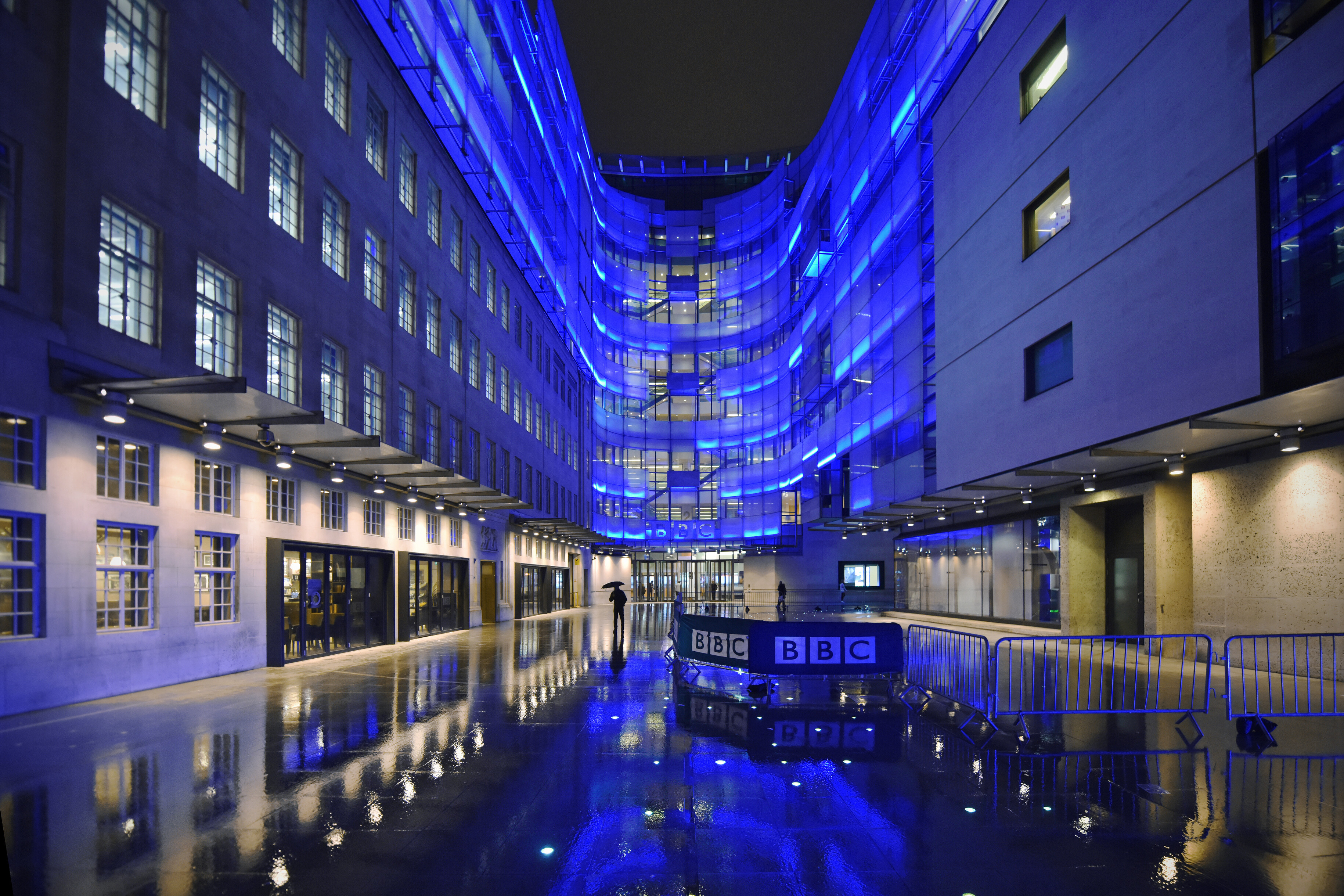Ireland: RTÉ promised funding reform
26th January 2023
The Irish government has promised to reform RTÉ’s “broken” licence fee funding model by September 2024 after rejecting a proposal to fund it from general taxation.

Ireland’s public broadcaster, RTÉ, has been told by Ireland’s Minister for Media, Catherine Martin, that funding reform will take place by the third quarter of 2024.
In July last year, the Future of Media Commission submitted a report to the Irish government, setting out recommendations as to how the country’s media sector could be sustained. The government said it would accept all recommendations except for their proposal to fund RTÉ through general taxation. Instead, the government established a technical group to examine this issue more closely. They are due to report back to Ms. Martin by March.
RTÉ’s funding model remains a significant problem. Commercial funding provides about 43 percent of funding, with the licence fee providing the rest. But Ireland has a high rate of licence fee evasion – over 15 percent, which RTÉ said costs them €65 million every year. This is significantly higher than other European countries (Denmark is at 11.4 percent and the UK at 7 percent). Current Director General, Dee Forbes, previously said the broadcaster’s funding model is “utterly broken”.
Read more: How are public media organisations funded?
This statistic has been compounded by an increasing number of households exploiting a loophole which allows them to avoid paying the licence fee. It now stands at 15.1%. In the corporation’s 2021 Annual Report, it said, “As media consumption patterns become more complex, the television licence fee mechanism reflects less and less how people consume public-service content. It is for this reason that the mechanism is being changed in other countries to a media charge or other methods, rather than being device dependent.”
Pleas for reform have been repeated at the start of this year, as RTÉ executives addressed the Oireachtas Media Committee. Without a reformed funding model, RTÉ’s Director of Strategy, Rory Coveney, said, “there isn’t a sustainable future for RTÉ”.
The high level of evasion provides an enormous level of uncertainty for the broadcast to know how much money it has coming in. In turn, this has a consequence on RTÉ’s ability to deliver on its mandate. “RTÉ needs to make substantial investments in new technology, in new skills, and in new programming and new content formats.
Subscribe toour newsletter
Keep updated with the latest public
media news from around the world
“Many of these investments are multiannual in nature, but it is impossible for us to plan with so much uncertainty around over 50 per cent of our income.”
According to The Irish Times, Mr. Coveney said any alternative funding model must not be dependent on owning a television. This would be in line with other funding models which have recently been adopted in countries such as Germany and Finland. The debate also mirrors that which is going on in both the UK, France, and South Africa.
Many broadcasters are now looking for a new method of public funding. The device-dependent licence fee is no longer seen as a sufficient model. But any reform or replacement must not lead a public broadcaster to compromising on its independence. Any alternative must still provide security and longevity for public media, and ensure it is free from government interference or manipulation. PMA looks forward to seeing what the Irish government proposes as an alternative.
Related Posts
14th July 2022
Ireland to maintain and reform licence fee system
Ireland’s long-awaited Future of Media…
3rd February 2022
Ireland: RTÉ pushing for changes to funding
RTÉ's Director-General says the current…


